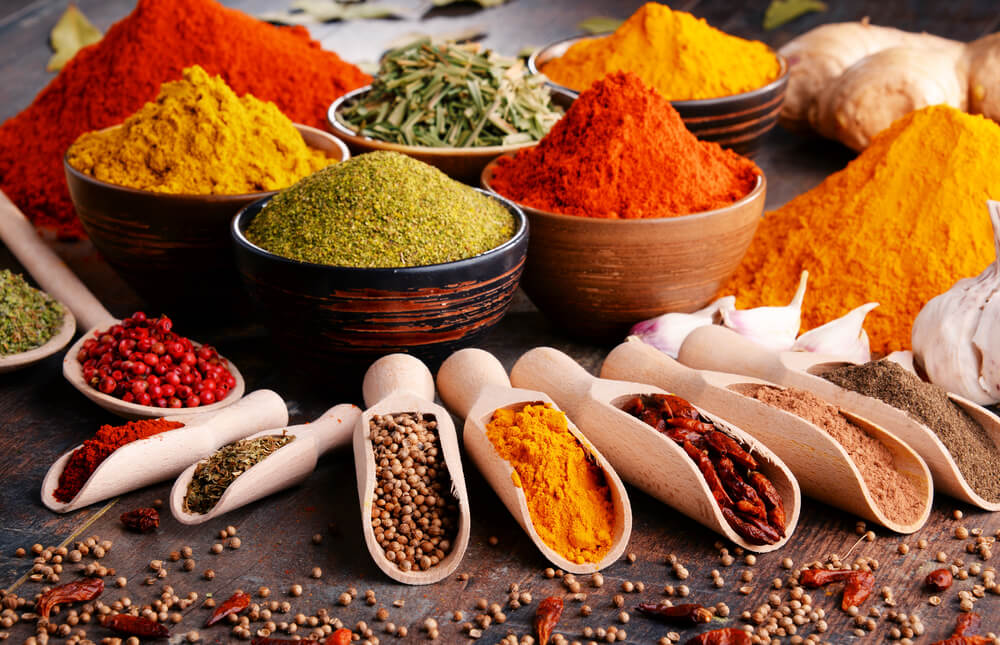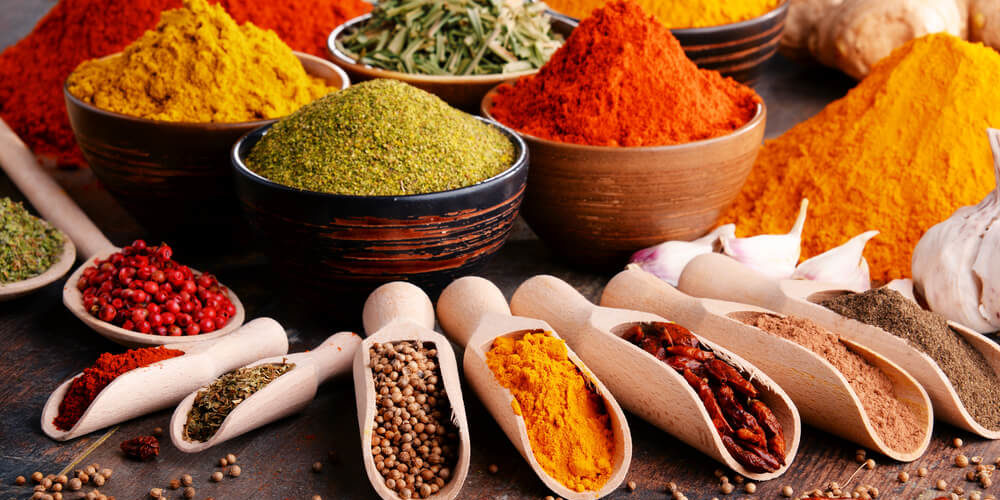
People everywhere use plants as medicine. The knowledge of this practice has been gathered since ancient times. Tens of thousands of medicinal herbs are used across the globe.
Do you use medicinal herbs? Are you curious about which herbs you can add to your medicine cabinet or your wellness routines? Let’s take a look at some of the most popular herbs used in natural medicine. Many may already be familiar, while some might be unknown to you. Regardless, each of these herbs has stood the test of time. They have been used for hundreds or thousands of years, and remain popular to this day. Perhaps some might benefit you and your family. Just remember that ALL essential oils need to be put in a carrier oil to prevent bad skin reactions.
As always, be sure to consult a licensed herbalist or natural wellness professional before making significant changes to your health routines. Olive Branch Wellness Center is always happy to help you in your journey towards wellness. Feel free to give us a call at 630-370-7290.
Thyme
Thyme is commonly used as a seasoning in a variety of food dishes. It is also famous for its natural health benefits. Ancient Greeks used thyme for its antiseptic properties. Today, many people use thyme to treat coughs and infections. Thyme is commonly prepared as a tincture. It can also be ingested as an infusion or added to tea.
Echinacea
If you have ever walked through a blooming prairie, you have probably noticed the striking, beautiful flowers of the echinacea plant. The Lakota Sioux and other Native American groups have used this plant as medicine for thousands of years to treat wounds and protect the body from illness. It is now used by many people in different countries to treat cold and flu symptoms and to reduce inflammation. Echinacea is commonly drunk as tea or applied topically.
Chamomile
Another popular tea herb, chamomile, is known for its soothing effect. In Germany and other countries, it is widely considered to be a remedy for all kinds of ailments. This European flowering plant is used to reduce inflammation, treat digestion problems, and calm the mind.
Ginseng
The root of the East Asian ginseng plant is popularly used to boost the immune system, support brain function, and promote general wellness. While it has a longstanding history of widespread use, there is little scientific evidence to support its many applications. The U.S. Food and Drug Administration has determined that ginseng can be “generally recognized as safe.” However, herbal practitioners recommend that it be used with caution and in the correct dosage.
Cinnamon
We all know the distinctive flavor produced by the bark of the cinnamon tree. Cinnamon has been prized for centuries both as a delicious spice and as a powerful supplement for wellness. It is extremely rich in antioxidants. Scientists are studying the application of cinnamon in preventing and treating heart disease and diabetes. Cinnamon can be sprinkled onto food, or it can be taken in capsule form.
Feverfew
Known by some as “medieval aspirin,” feverfew was once an herb of choice for bringing down feverish temperatures. Today, it is used to treat migraines. It contains a variety of beneficial compounds and is said to be comparable to aspirin in its anti-inflammatory and pain-reducing applications.
Turmeric
The beautiful Southeast Asian turmeric plant is used in Ayurvedic medicine to treat skin problems, respiratory problems, and a variety of other troubles. Turmeric has become widely popular for its anti-inflammatory benefits. This tasty herb is often ground into a fine powder for use. Many people cook with turmeric or add it to juices and smoothies in order to reap its benefits.
Tea Tree
The wonderful benefits of tea tree oil were discovered by the Aboriginal people of Australia, who have used it as an antiseptic. Today, tea tree oil is used globally for the same purpose. It is known for its powerful antibacterial properties and for its ability to naturally combat fungal infections and some small parasites. Tea tree oil is made by distilling the leaves of the tea tree. The oil is applied topically and can be added to soaps and other skincare products.
Peppermint
Beyond being a popular flavor for candies and teas, peppermint is promoted as a remedy for some digestive problems. Peppermint oil is extracted from the leaves and flowers of the plant. It can be drunk as tea or consumed in pill form to help with digestive issues. Peppermint oil is also applied topically to help relieve aches and pains.
Aloe Vera
Aloe vera is a hardy succulent that is cultivated around the globe. It may have originated in North Africa. The fleshy leaves contain a gel-like substance that is famous for being nutrient-rich. Aloe gel is used to soothe and treat topical wounds and skin conditions. Studies have shown that aloe vera is effective in assisting recovery from burns. Some people also take aloe vera orally as a treatment for various conditions including diabetes and bowel disease. However, research on the effectiveness and safety of oral administration of this herb has produced mixed results.
Valerian
Valerian has been used to treat insomnia since ancient times. It is also thought to help reduce anxiety. If you purchase calming or nighttime herbal tea blends, you may very well find that valerian is included in the mixture. Valerian is usually prepared as a dried tea, or as a powder that can be measured into capsules.
Witch Hazel
The witch hazel shrub is native to North America and parts of East Asia. The leaf, bark, and twigs contain flavonoids and other natural compounds that act as anti-inflammatory agents. Witch hazel is commonly used as an astringent, a substance for cleansing skin and tightening pores. Witch hazel can also be found in medicines that help to slow bleeding.
Calendula
Calendula is commonly dried, powdered, and distilled for its many health benefits. This lovely flowering herb is known for being anti-inflammatory, anti-bacterial, and antioxidant-rich. Many people use calendula to treat infections, wounds, and other ailments of the skin. The gold-colored petals are often used in teas. Calendula can also be infused in olive oil or other carrier oils for topical use.




